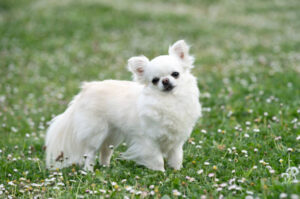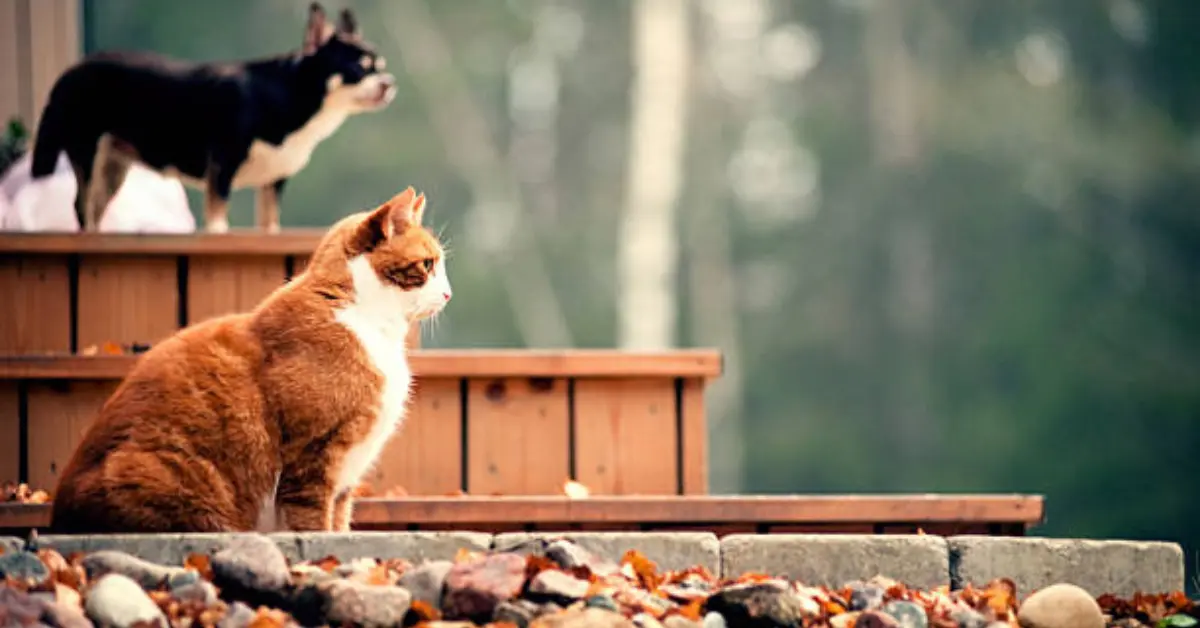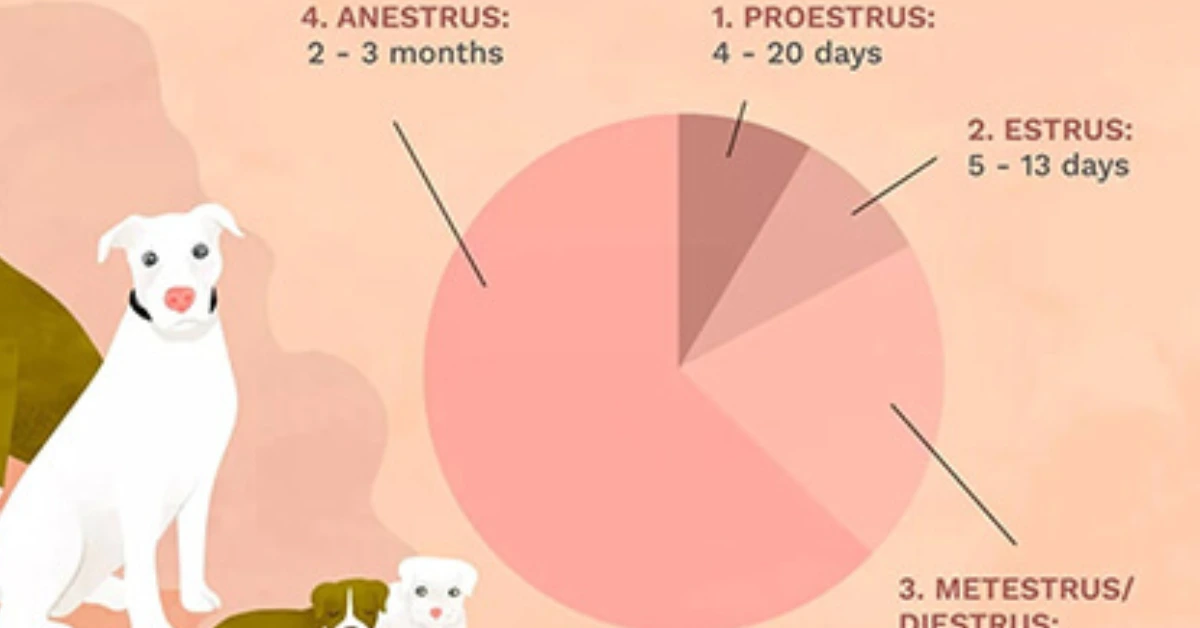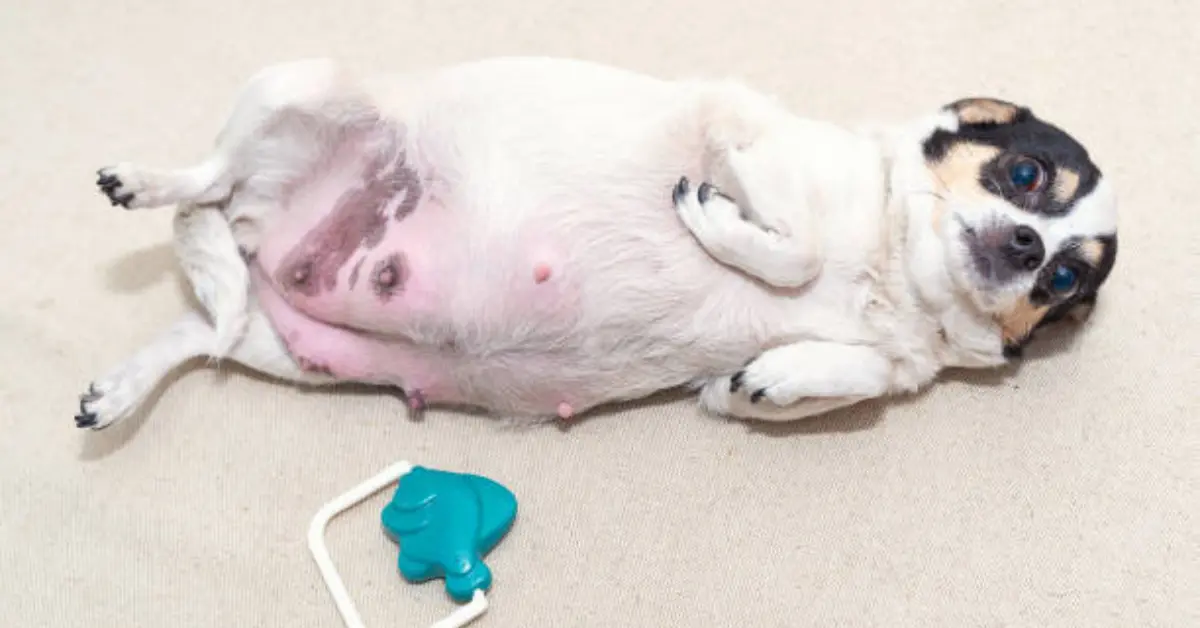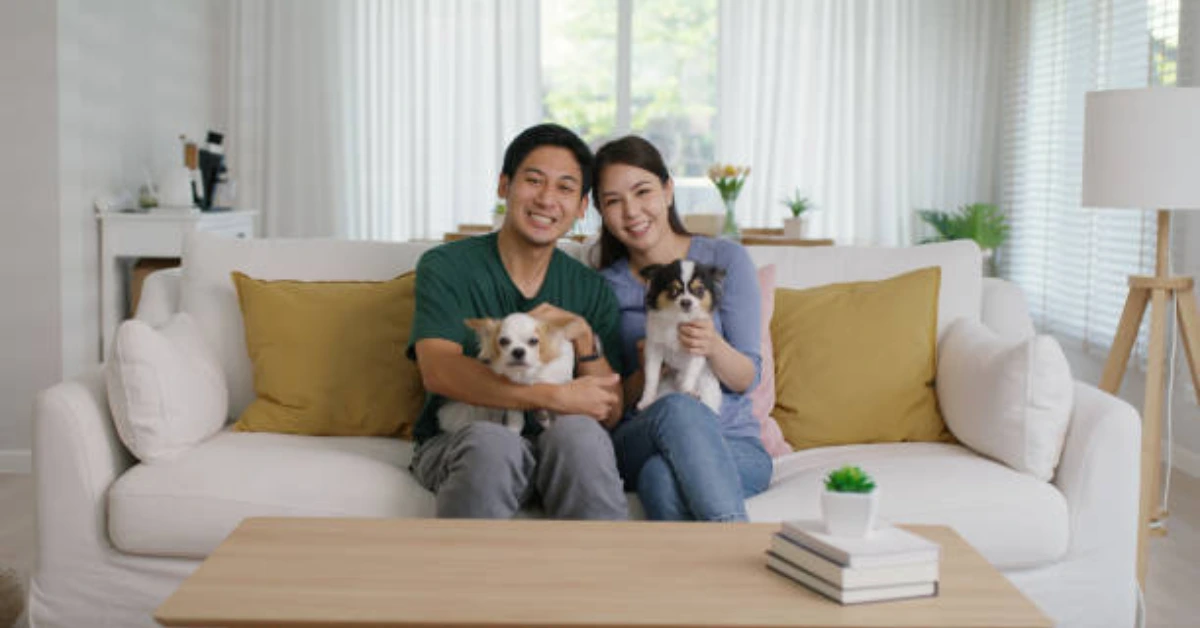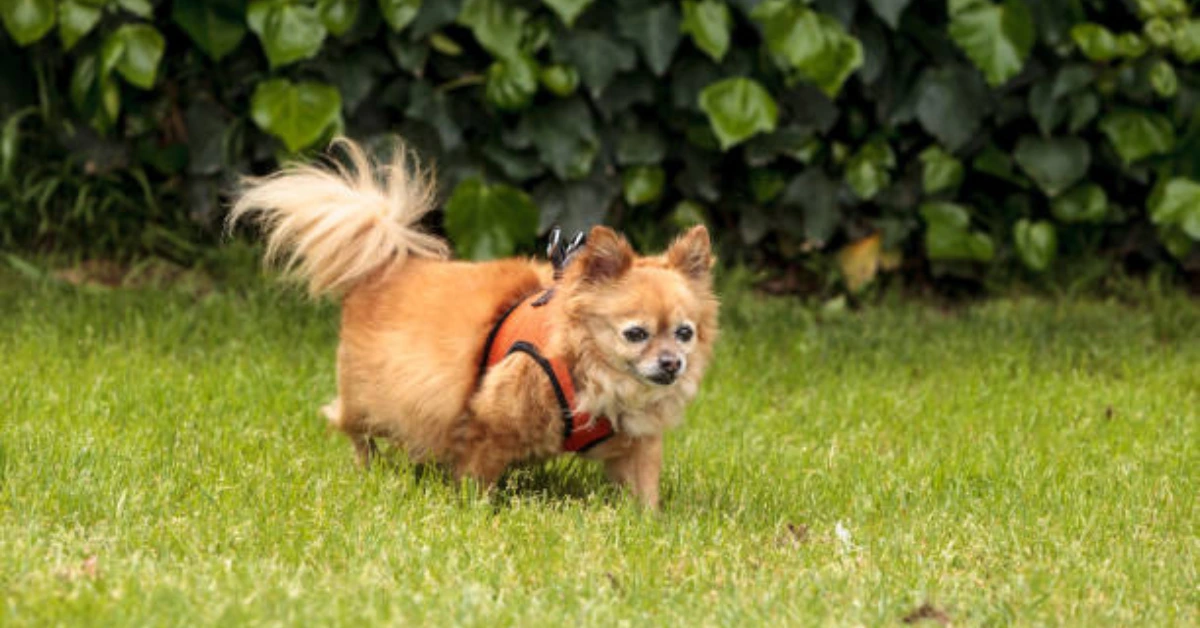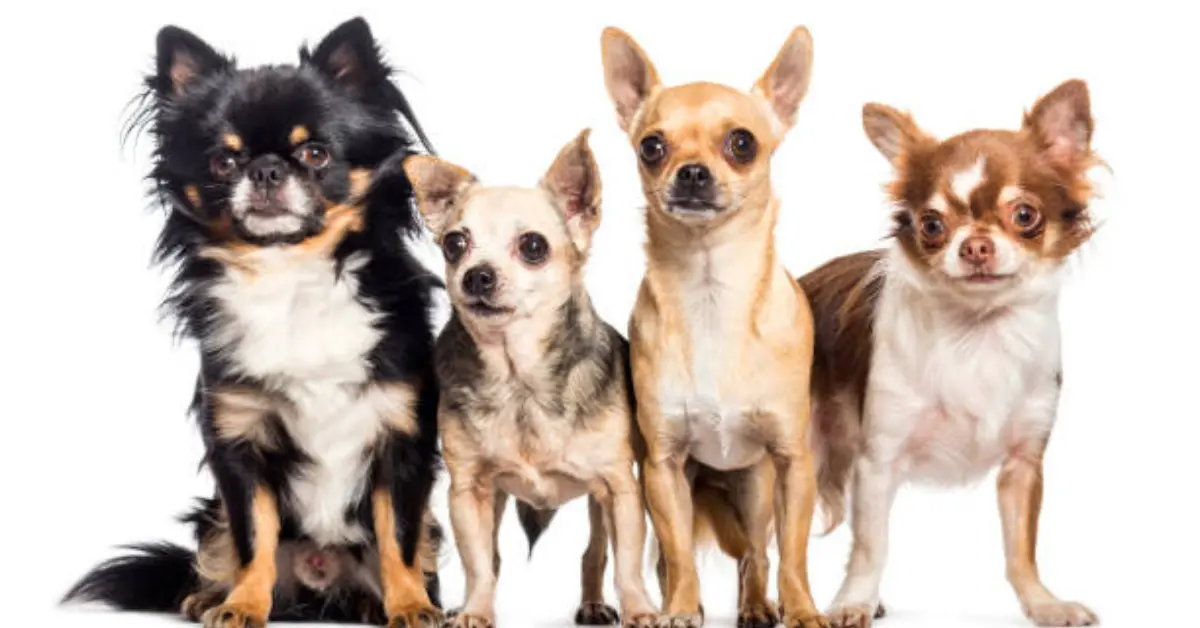The most hotly contested dog topic since “Who’s a good boy?” is undoubtedly chihuahuas. You’ve come to the correct spot if you’re looking for the solution to that important inquiry! “Do Chihuahuas Make Good Dogs?”
It’s no secret that Chihuahuas make wonderful companions; they’re energetic and spunky, small enough to fit in practically anywhere, and they always look particularly adorable in sweaters.
As with any breed, however, there are advantages and disadvantages to owning one; find out all you need to know to decide if a Chihuahua is the right size for your family by reading on!
Advertisement
5 Reasons Why Chihuahuas Are Good Pets
When looking for a devoted and loving friend, Chihuahuas ought to be at the top of the list. These tiny canines have enormous personalities and steadfast loyalty to their owners despite their tiny stature.
Chihuahuas are satisfied to live indoors and are quickly trained to use a litter box, in contrast to other breeds that demand extensive activity and outside activities.
1. They Are Transportable
Size is a major consideration for many people when selecting a pet. And Chihuahuas are a popular choice for people who want smaller dogs.
Although they might not be the best choice for someone searching for a jogging partner, these small puppies have some very significant benefits. Being able to carry your Chihuahua is one of its greatest advantages.
Chihuahuas are the ideal size for being held close, whether you’re out for a stroll, visiting a new place, or just relaxing on the couch.
2. Chihuahuas Don’t Require A Lot Of Exercise
Many people who own dogs are concerned about the ongoing exercise needs of their four-legged companion.
However, if you lead a hectic lifestyle and are looking for a devoted friend, Chihuahuas can be the right breed for you. These little dogs have tremendous personalities and are able to readily adjust to their owner’s workout regimen.
Although they love playing and taking walks, Chihuahuas don’t need long, intense workouts every day. Rather, they are fine to play for brief periods of time or just curl up on your lap and cuddle.
3. They Are Low Maintenance Dogs
The time and effort needed to groom a pet is a big consideration for many individuals when making their pet selection.
This is the part where Chihuahuas really shine. These cute tiny dogs have a reputation for requiring little upkeep in terms of grooming. They don’t smell strongly like dogs, and they don’t shed much.
This means you won’t have to bother about regular bathing, haircuts, or odor control while you enjoy your Chihuahua’s company.
4. Chihuahuas Are Perfect For Apartment Living
Chihuahuas make excellent apartment dogs. Because they are a petite, compact breed, they are easy to manage in limited living areas.
They may also readily acclimate to living in an apartment because they are highly adaptive. Therefore, if you’re searching for a pet to live with you in your apartment, a Chihuahua can be the ideal choice.
5. They Are Very Loyal To Their Human Friend
Some owners prefer to call Chihuahuas “glue dogs” because they are so loyal to their human parents.
Whether you’re strolling around the park or lounging on the couch, your Chihuahua will probably want to be at your side.
Perhaps a Chihuahua is the ideal dog for you if you’re searching for a companion who will never stop showing you love and affection.
Must you AVOID Getting A Chihuahua?
If you can identify with any of these situations, don’t think about getting a chihuahua:
You’re not prepared to commit for a long time.
Chihuahuas can live up to 15 or 20 years, making them a breed noted for their longevity.
They can be more difficult to adjust to a new family than other breeds because they are also very loving. It could be wiser to think about getting a different breed of pet or getting something entirely different if you are not ready for a long-term commitment.
You Have Small Kids
A dog’s requirements and temperament should be taken into account before introducing one into a home with small children.
Despite their frequent cuteness and cuddliness, chihuahuas might not be the ideal pet for households with young children. Due to their sometimes aggressive and sassy nature, these dogs can be problematic for young children who may not know how to deal with them appropriately.
In addition, in a home with active children, their small size makes them more vulnerable to accidents and injury.
“No” is not an option
Because of their reputation for being demanding of their people, chihuahuas are sometimes referred to as “little Napoleons.”
Because of their small stature, this could cause issues if you are a pushover or become unduly protective of them.
If your Chihuahua is given too much freedom, it may develop resource-guarding habits that could lead to bites. Setting limits and maintaining a healthy relationship with your Chihuahua are crucial.
Chihuahuas Are Vocal Creatures
If you’re annoyed by barking, a Chihuahua might not be the right breed for you. These little puppies are known to be vocal and have a high-pitched yapping voice.
Their vocalizations may irritate or frustrate some people, while others may find them charming. Before deciding on a breed, it’s crucial to take your preferences and lifestyle into account.
Although they can be excellent companions for the appropriate person, chihuahuas might not be the greatest choice for someone who appreciates quiet time.
Last Word
Thinking of getting your family a Chihuahua? Here’s a realistic sneak peek at what daily living with one involves:
- You’ll be accompanied by a trustworthy friend.
- You are going to get the most incredible cuddles every single day.
- You won’t be by yourself when you sleep, watch TV, go to the restroom, or read a book from now on.
- You’re going to be showered with unconditional love.
- When you go on adventures with your Chihuahua, you’ll probably meet new people because people are fond of these tiny dogs and enjoy spending time with them.
YOU MAY ALSO LIKE:
Are Chihuahuas Good With Cats?
Chihuahuas and Children. Can they get along?
Advertisement






